UK government's draft spying powers get leaked online
Open Rights Group lifts curtain on Home Office's secretive consultation
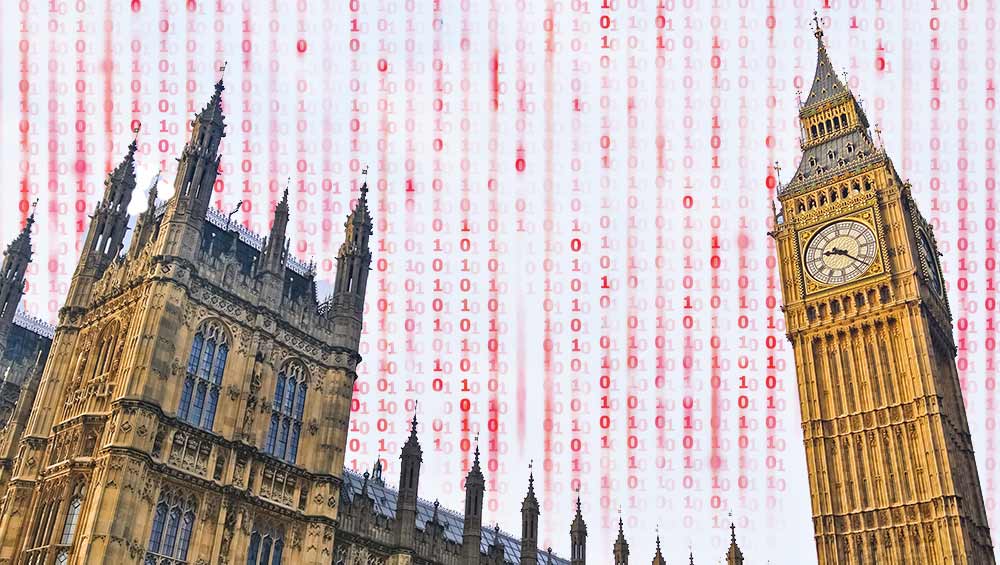

The UK government has drawn up details of its surveillance powers and put them out for a secretive consultation without letting the public know.
The government wants to give itself the ability to monitor British people's communications and force UK firms to include encryption backdoors in their products. Under the proposed Investigatory Powers (Technical Capability) Regulations 2017, telecoms providers must allow the government to simultaneously spy on one in 10,000 of their customers at any time.
Telcos would also have to provide any information the government requests within one working day, and must notify Home Secretary Amber Rudd if there will be any changes to their service, including the development of new services - these will have to be built with the obligations and requirements of the technical capability notice in mind.
Furthermore, telecoms providers must provide backdoors to encrypted data sitting in their services so that the government can access any communications. Telecoms providers must "remove electronic protection applied by or on behalf of the telecommunications operator to the communications or data".
The notice also extends to the postal service, where the government will have the power to "open, copy and reseal any postal item" in order to inspect its contents.
The Open Rights Group leaked the draft yesterday on its website and highlighted that the short four-week consultation had not been publicised to the tech industry or to the public. Under Section 253 (6) of the Investigatory Powers Act, the Secretary of State is under no obligation to consult the public, but instead must consult a small selection of organisations likely to be affected by the proposals.
Concluding on 19 May, responses to the consultation can be sent to investigatorypowers@homeoffice.gsi.gov.uk.
Get the ITPro daily newsletter
Sign up today and you will receive a free copy of our Future Focus 2025 report - the leading guidance on AI, cybersecurity and other IT challenges as per 700+ senior executives
These measures have passed through a Technical Advisory Board composed of six industry representatives from O2, BT, BSkyB, Cable and Wireless, Vodafone and Virgin Media, alongside six representatives from UK spy agencies and a neutral chair.
Open Rights Group's executive director, Jim Killock, said: "These powers could be directed at companies like WhatsApp to limit their encryption. The regulations would make the demands that Amber Rudd made to attack end-to-end encryption a reality. But if the powers are exercised, this will be done in secret.
"The public has a right to know about government powers that could put their privacy and security at risk. There needs to be transparency about how such measures are judged to be reasonable, the risks that are imposed on users and companies, and how companies can challenge government demands that are unreasonable. Selective, secret consultations have no place in open government."
The Investigatory Powers Act passed through Parliament last November despite facing strong opposition, and received Royal Assent soon after to become an act. However, large parts of it were struck down by the European Court of Justice in February over its bulk data collection plans. It was thought then that the government would seek new ways to reinstate bulk data collection.
IT Pro has approached the Home Office for comment.
Zach Marzouk is a former ITPro, CloudPro, and ChannelPro staff writer, covering topics like security, privacy, worker rights, and startups, primarily in the Asia Pacific and the US regions. Zach joined ITPro in 2017 where he was introduced to the world of B2B technology as a junior staff writer, before he returned to Argentina in 2018, working in communications and as a copywriter. In 2021, he made his way back to ITPro as a staff writer during the pandemic, before joining the world of freelance in 2022.
-
 Third time lucky? Microsoft finally begins roll-out of controversial Recall feature
Third time lucky? Microsoft finally begins roll-out of controversial Recall featureNews The Windows Recall feature has been plagued by setbacks and backlash from security professionals
By Emma Woollacott Published
-
 The UK government wants quantum technology out of the lab and in the hands of enterprises
The UK government wants quantum technology out of the lab and in the hands of enterprisesNews The UK government has unveiled plans to invest £121 million in quantum computing projects in an effort to drive real-world applications and adoption rates.
By Emma Woollacott Published
-
 Government 'to push through spy powers after election'
Government 'to push through spy powers after election'News Report - Tories will seek stronger spy powers immediately upon an election victory
By Adam Shepherd Published
-
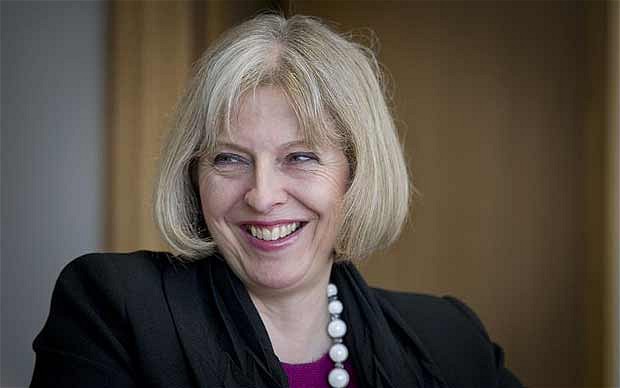 Liberty hits crowdfunding goal to take on Snooper's Charter
Liberty hits crowdfunding goal to take on Snooper's CharterNews Campaign group raises £40,000 to finance legal challenge against the government
By Clare Hopping Published
-
 Blow for Snoopers Charter as EU court bans mass data collection
Blow for Snoopers Charter as EU court bans mass data collectionNews A legal challenge brought against DRIPA could take out its successor
By Nicole Kobie Published
-
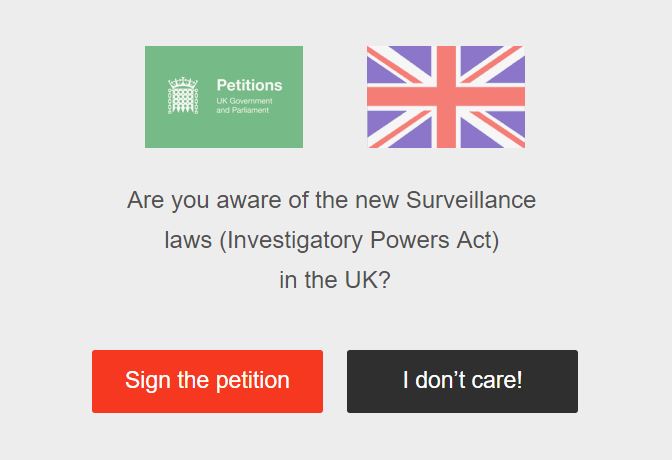 Porn site xHamster protests Snooper's Charter a week too late
Porn site xHamster protests Snooper's Charter a week too lateNews xHamster pushes visitors to sign anti-surveillance petition
By Nicole Kobie Published
-
 Investigatory Powers: Expect less scrutiny now Theresa May is Prime Minister
Investigatory Powers: Expect less scrutiny now Theresa May is Prime MinisterAnalysis Experts predict Theresa May's rise to PM will give the Snooper's Charter an easier ride
By Rene Millman Published
-
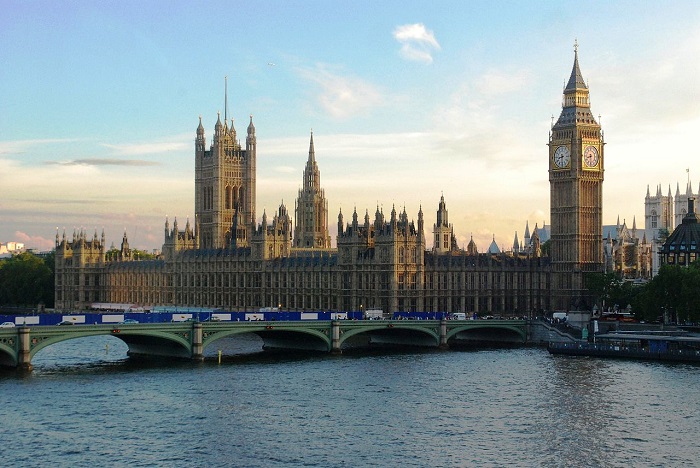 Investigatory Powers bill’s security backdoors ‘won’t make iPhone illegal’
Investigatory Powers bill’s security backdoors ‘won’t make iPhone illegal’News Encryption backdoors survive proposed House of Lords amendments
By Joe Curtis Published
-
 House of Lords hits out at Snooper's Charter
House of Lords hits out at Snooper's CharterNews Privacy and practicality worries could give the IP Bill a rough ride through the upper house
By Jane McCallion Published
-
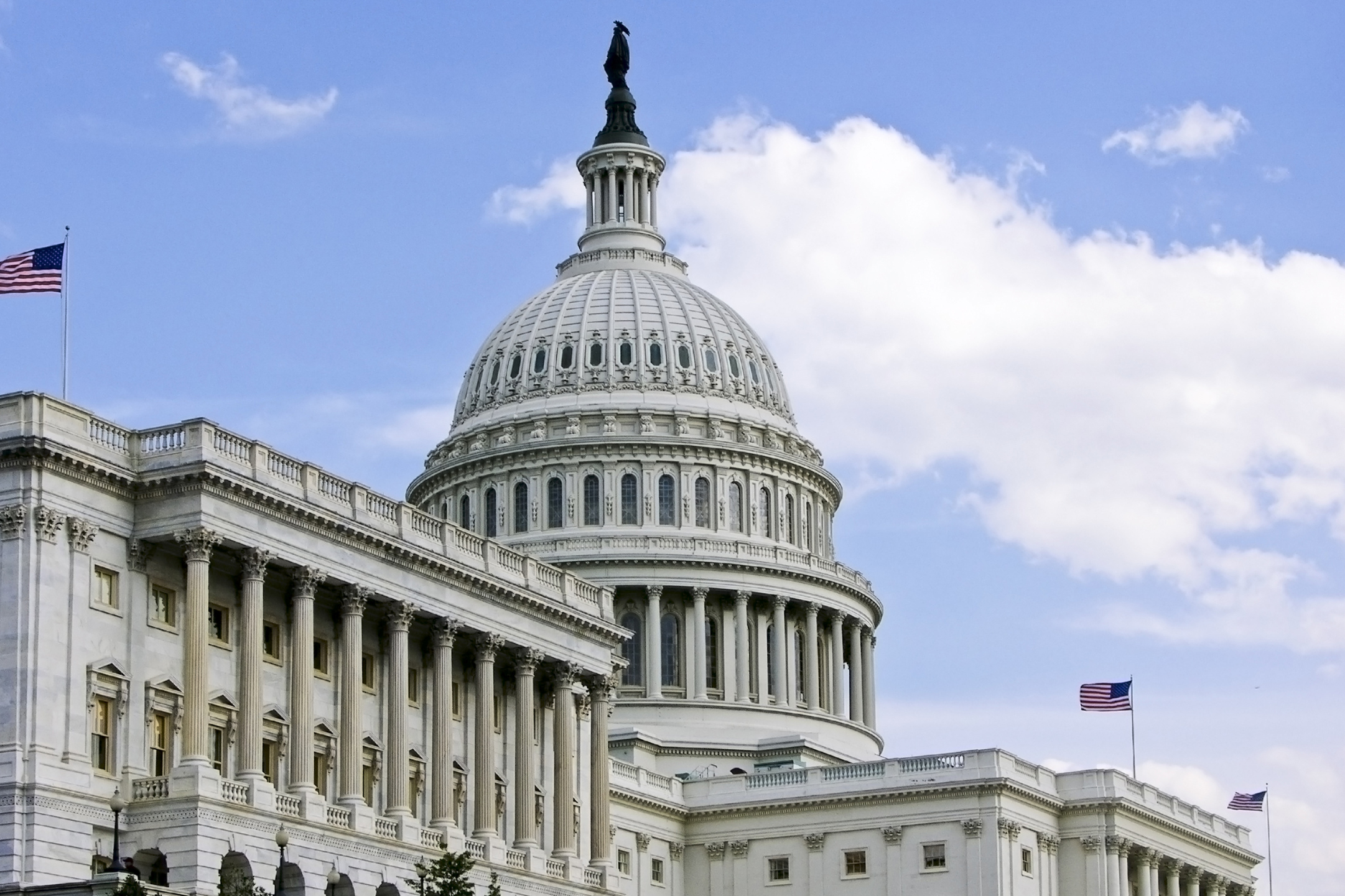 FBI can hack computers with no warrant, US court rules
FBI can hack computers with no warrant, US court rulesNews No warrant was needed in child abuse case, even though one was obtained
By Jane McCallion Published